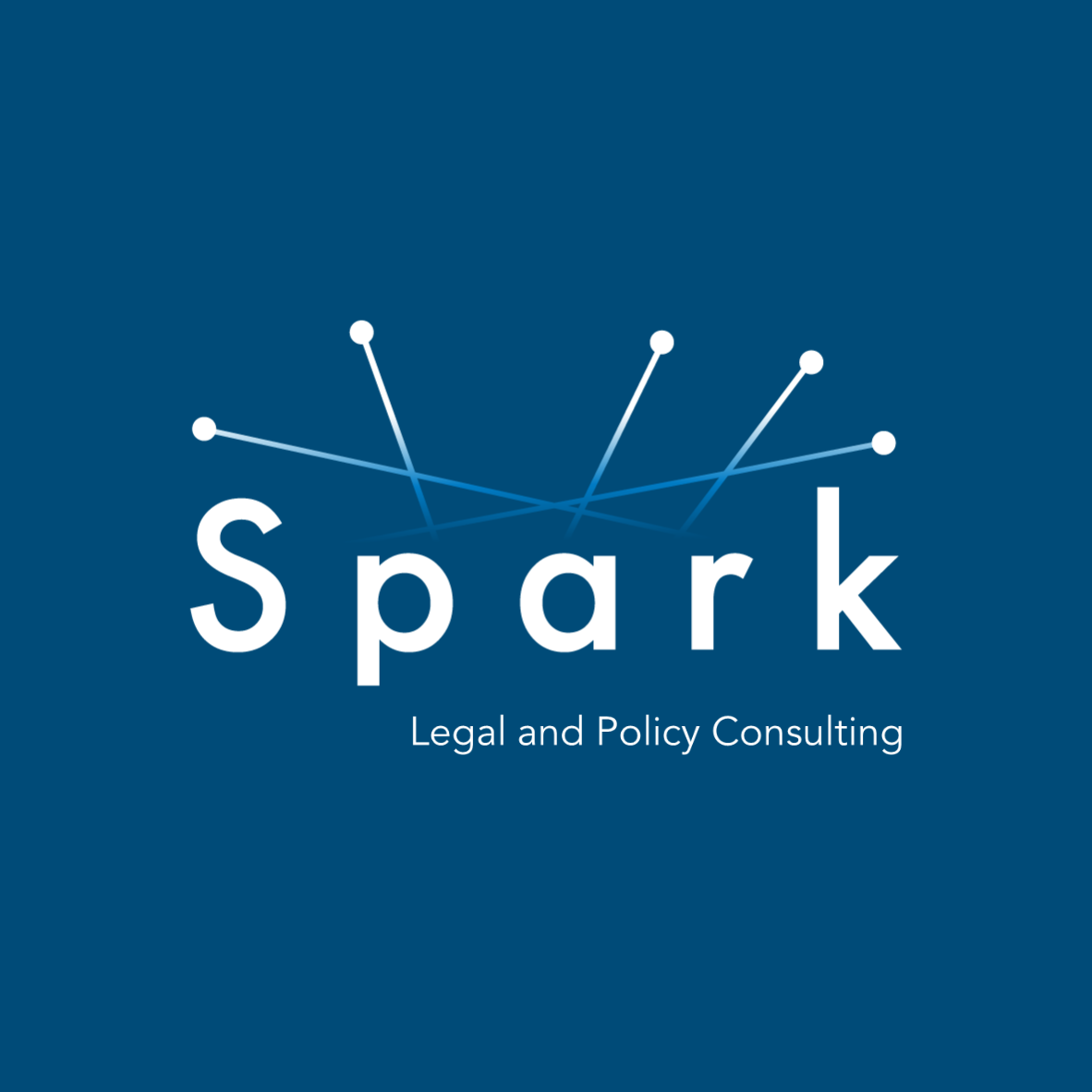European airports are fundamental in the aviation landscape. With increased competition from low-cost carriers, Brexit-driven changes in market access, and growing connectivity from Middle Eastern airlines, EU airports are under increasing pressure to stay competitive. Market power is also shifting due to consolidations in ground handling and airline mergers.
To respond to these challenges, the Directorate-General for Mobility and Transport (DG MOVE) has initiated a fitness check of key airport regulations: the Slot Regulation (Council Regulation No 95/93), the Groundhandling Directive (Council Directive 96/67/EC), and the Airport Charges Directive (2009/12/EC).
The Slot Regulation governs the allocation of take-off and landing slots at airports to ensure fair competition and efficient use of airport capacity. The Groundhandling Directive regulates the provision of ground services at airports, aiming to liberalise the sector and improve service quality. The Airport Charges Directive establishes principles for fair and transparent airport charging practices, ensuring that charges are non-discriminatory and promote competition in the aviation sector.
Spark will be working in collaboration with Ramboll and TIS to conduct this study. Our role focuses on evaluating the implementation and impacts of key EU airport regulations at both the EU-wide and national levels. We will also provide comparative insights from the UK and US to inform best practices, ensuring our findings are both robust and globally relevant. Together with our partners, we aim to identify regulatory gaps, overlaps, and synergies while addressing implementation challenges. This collaborative effort will result in actionable recommendations that align with the European Commission’s Better Regulation Guidelines.
Our Study will directly inform the Commission’s Fitness Check and contribute to their Staff Working Document. This will guide potential revisions of EU airport regulations, helping to streamline processes, ensure sustainability, and enhance connectivity for consumers. Ultimately, our work supports evidence-based policymaking to adapt regulations to future needs while minimising unnecessary burdens.

